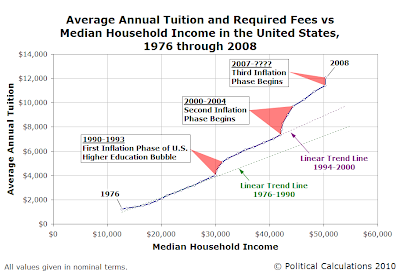Why is this worrisome and scary?
Definitely not because of the funny shorts, or the odd salute.
It is all because of the RSS--a paramilitary force dedicated to fanatical Hindu nationalism, and ever ready to harm the lives and property of non-Hindus, and Muslims in particular. The RSS is one of the many Hindu nationalistic groups that are collectively referred to as the Sangh Parivar.
It is one thing when the RSS existed as an organization in the political background, but an entirely different matter when many of the RSS loyalists started getting elected to power through the political party--the BJP.
Noting the rise of these groups, and a corresponding failure of political institutions to pay attention to the minorities, the US Commission on International Religious Freedom has placed India on its watch-list, for the third year in a row:
India‘s democratic institutions, most notably state and central judiciaries and police, fall short in their capacity to uphold the rule of law. In some regions of India, these entities have proven unwilling or unable to seek redress consistently for victims of religiously-motivated violence or to challenge cultures of impunity in areas with a history of communal tensions, which in some cases has helped foster a climate of impunity.Of course, Yeddyurappa is not even a gnat compared to the notorious Narendra Modi in Gujarat. (More here, and here, for starters)
A far cry from the secular India envisioned by the likes of Gandhi and Nehru.
It is not merely an Indian or an Indo-Pak issue. The global implications took on an entirely different dimension with the Norwegian terrorist:
Norwegian mass killer Anders Behring Breivik hailed India's Hindu nationalist movement as a key ally in a global struggle to bring down democratic regimes across the world.‘2080: A European declaration of independence' lays out a road map for a future organisation, the Justiciar Knights, to wage a campaign that will graduate from acts of terrorism to a global war involving weapons of mass destruction — aimed at bringing down what Breivik calls the “cultural Marxist” order.India figures in a remarkable 102 pages of the sprawling 1,518-page manifesto. Breivik's manifesto says his Justiciar Knights “support the Sanatana Dharma movements and Indian nationalists in general.” In section 3.158 of the manifesto, he explains that Hindu nationalists “are suffering from the same persecution by the Indian cultural Marxists as their European cousins.”


















